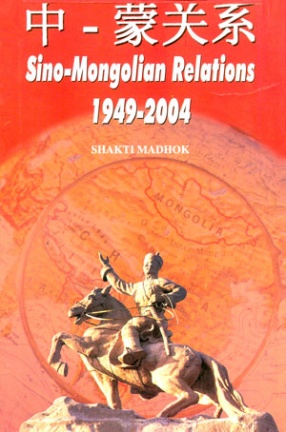China being a civilizational state has had a foreign affairs agenda of its own. At times it was in tune with the rest of the Socialist bloc but most of the time if followed an independent line. Political dominance of the Soviet Union over Mongolia was not acceptable to China which had exercised suzerain rights over Mongolia for more than a country. The situation became worse after the Sino-Soviet schism and Mongolia toeing the Soviet line. Mongolia tried to play china against the Soviet Union and vice-versa to meet its security requirements and overcome its economic under-development and above all to maintain its distinct identity in the comity of nations. Traditionally being a center of both Pan-Buddhist and Pan-Mongol movements, it tried to maintain cultural togetherness with both the Inner Mongolian Autonomous Region of China and the Buryat Soviet Socialist Republic of the Soviet Union. In the post-Mao period, the Sino-Soviet schism was perceived as a Moist fallacy and earnest attempts were made by the post-Mao genre of Chinese leaders to free foreign policy from Maoist agenda. This coupled with openness in the Soviet Union resulted in normalization of Sino-Soviet relations. How this contributed to normalization of relations between China and Mongolia and the subsequent emergence of Mongolia as a democratic state is brought out at length in this study. The last chapter also throws light on what can be the future prospects for relations between two neighbours China and Mongolia.
Sino-Mongolian Relations: 1949-2004
In stock
Free & Quick Delivery Worldwide
reviews
Bibliographic information
Title
Sino-Mongolian Relations: 1949-2004
Author
Edition
1st ed.
Publisher
ISBN
817510192X
Length
ix+246p., Tables; Bibliography; 23cm.
Subjects





There are no reviews yet.